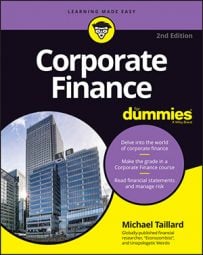Investors have a tendency to get caught up in a stampede of other investors, believing that they’re running like the bulls on Wall Street when, in reality, they were just lemmings jumping off a cliff. As soon as some trend begins to occur, investors start to follow that trend as quickly as possible, often without even fully knowing why.
All they know is that they don’t want to miss out on something big.
Like some other forms of behavioral anomalies, this stampeding scenario is influenced by the imperfect distribution of information. In other words, not everyone receives all the same information at the same time.
So when someone sees an individual or group, particularly one that has developed some form of credibility in the person’s mind, participating confidently in some transaction that seems unusual, that person is likely to wonder if that individual or group knows something he doesn’t.
The person may even know that an investment isn’t worth what people are paying for it, and yet he’ll happily pay the same price because the investment has already increased in value so much that he starts to question his original opinion.
All you need to create this stampeding scenario are
Someone who is deciding whether the return on some purchase or investment is worth the cost plus risk
At least one other person who has decided that the return is worth the risk (leading the first person to question his judgment)
When these two things are in place, you have a behavioral time bomb of poor financial judgment. This sort of situation is what often leads to bank insolvency, where depositors withdraw all their money after losing confidence in the banks (this hurt a lot of banks during the Great Depression)
It also leads to investment bubbles, where a category of investments is highly overvalued because people overestimate how far above book value per share a company can sustain stock price using earnings, driven by other investor’s confidence in a type of stock. This happened extremely frequently during the dot com bubble, where many investors lost lots of money when Internet companies crashed.

